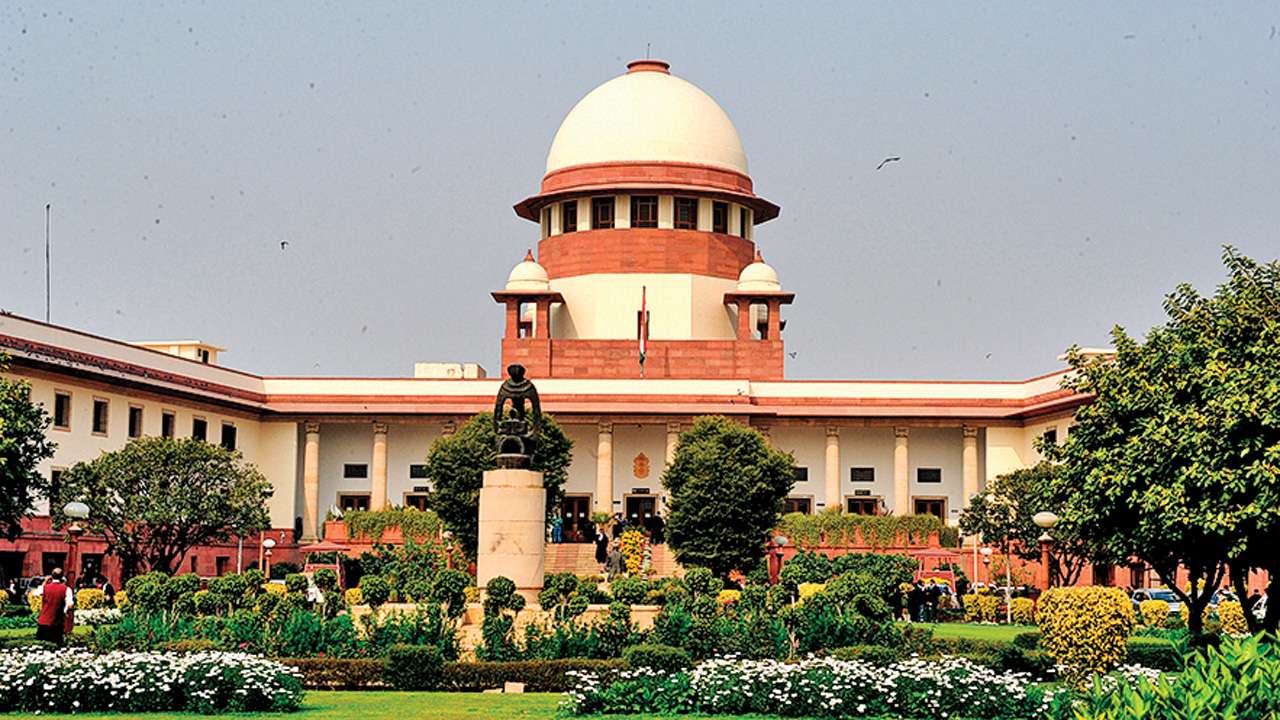
The road ahead for wilful defaulters is set to get rougher. In a ruling that can help fast track ‘in-house’ proceedings initiated by banks or financial institutions to declare a person as a wilful defaulter for non-payment of dues, the Supreme Court has held that he has no ‘right’ to be represented by a lawyer of his choice. The court, of course, believes that it needs to be established whether a unit has defaulted in making its payment obligations even when it had the capacity to honour the obligations. Accordingly, the question whether a default was “intentional, deliberate, and calculated” was what would determine if an accused needed legal assistance.
There is increasing evidence that the apex court is taking a tougher line on financial defaulters than it has done so far. Last month, it told the Reserve Bank of India (RBI) that it was giving the banking regulator “a last opportunity” to provide information to the public under the Right to Information (RTI) Act on defaulters and audit and inspection reports of banks and other financial institutions. This also includes any information the regulator collects as part of its public duties, such as show-cause notices, fines and action-taken reports. Under the 2016 disclosure policy, information obtained from or submitted by banks and financial institutions and held by the central bank in a fiduciary capacity, couldn’t be given to the public.
Contempt petitions by RTI activists had cited the RBI’s refusal to share information on the 2008 forex derivatives scam and action-taken reports against banks and financial entities, as triggers for their action. In 2018, it was decided that banks would have the discretion in taking the defaulting companies to the National Company Law Tribunal (NCLT) under the Insolvency and Bankruptcy Code (IBC). Last month again, the apex court quashed a circular issued by the RBI on February 12, which prescribed rules for recognising one-day defaults by large corporates and initiating insolvency action as a remedy. In the best interest of customers, banks will take a call on referring cases to the NCLT on a case by case basis.
The lenders can also look at the Project Sashakt as mechanism for the resolution of stressed assets. Last year, over two dozen lenders, led mostly by state-run banks, signed the inter-creditor agreement (ICA) under Project Sashakt to speed up the resolution of stressed assets that come under the Rs 500 crore bracket. Not surprisingly, the court action comes at the back of the Modi government tightening the screws on defaulters. The government has been working hard to extradite businessmen who have fled the country after defaulting on billions of dollars of bank loans. Now, it hopes to stop others from leaving. It has compiled a list of people it is considering barring from leaving India. Some 31 Indians have fled abroad to avoid prosecution. These include Vijay Mallya, Nirav Modi, wife Ami Modi and brother Neeshal Modi and Jatin Mehta, another jeweller who allegedly escaped to St Kitts.